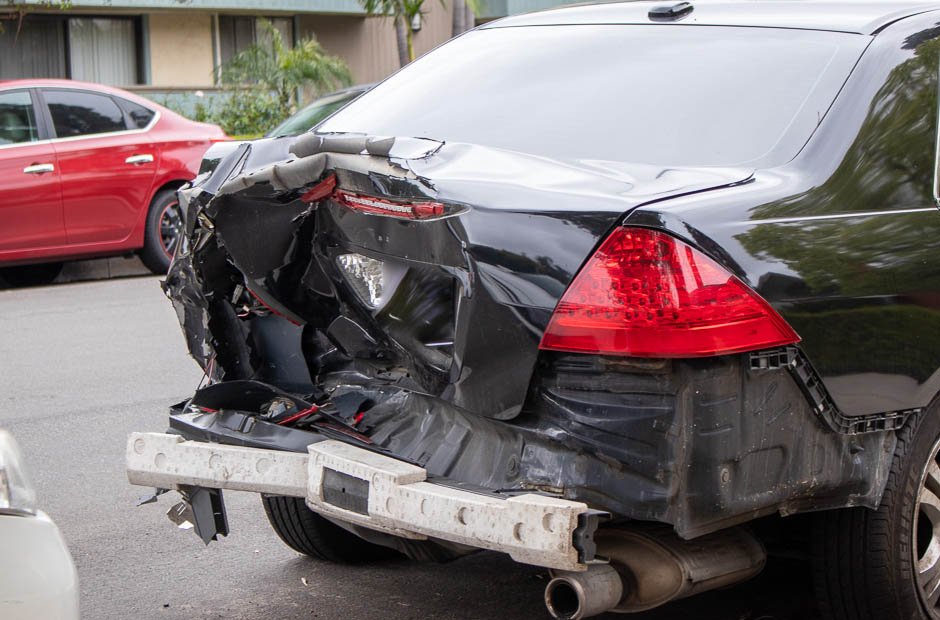It starts with the crash. Then the ambulance. Then the endless string of questions—by police, by doctors, by insurance adjusters. But the one question that echoes loudest in your mind as you stare at the ceiling during recovery is this: When will this be over?
If you’ve been injured in a Charleston car accident, the road to financial recovery may not be as straightforward as the road where the collision occurred. Settlement timelines can stretch from a few months to well over a year, depending on several key factors. The legal team at Tiano O’Dell for Charleston crash victims helps injured drivers and passengers understand the steps involved and how to keep delays from turning a difficult situation into an endless one.
No Two Cases Move at the Same Speed
It’s a common belief that car accident cases “usually take about six months” to resolve. However, this is a myth. Some cases settle within weeks, while others may take over a year. The timeline for each case is influenced by various factors, including the specifics of your injuries, the insurance company involved, the available evidence, and even the personalities of the adjusters or opposing attorneys.
For example, a case where fault is clear and the injuries are minor may conclude quickly. On the other hand, if liability is disputed, if the injuries are severe, or if there is uncertainty about future medical treatment, you can expect the process to take longer. In car accident claims, patience is not just a virtue; it is often a necessity.
The Medical Timeline Dictates the Legal One
One of the biggest reasons your case might take longer is your own healing process. It’s rarely wise to settle a claim before you’ve fully recovered—or reached what doctors call maximum medical improvement (MMI). Why? Because once you settle, you can’t go back and ask for more if your condition worsens or new complications arise.
A good attorney will wait until they have a full picture of your injury, recovery prospects, and future care needs before starting serious negotiations. It might feel frustrating, but waiting ensures that your settlement reflects the true cost of the accident, not just the early bills.
Insurance Companies Are Not in a Hurry
Insurance companies often have various reasons for delaying processes. They may take their time responding, dispute medical expenses, or make low offers to pressure you into further negotiation. In some cases, they might hope that financial stress will prompt you to settle early for much less than you deserve.
This tactic is common but can be managed effectively. With a strong legal team by your side, you can resist this pressure and respond strategically instead of emotionally. A well-documented case compels adjusters to take you seriously, making them less likely to use tactics that could backfire if the case goes to trial.
The Evidence-Gathering Phase Takes Time
Your attorney will require time to gather and review medical records, crash reports, witness statements, and, if necessary, expert testimony. In more serious or disputed cases, they might also hire accident reconstruction specialists or economic experts to evaluate lost income and future care costs.
This evidence not only supports your claim but also enhances your negotiating position. Strong evidence can lead to quicker and more beneficial settlements. Skipping or rushing this step could undermine your case and result in thousands of dollars in missed compensation.
Pre-Litigation Negotiations Could Settle Things Early
Many car accident claims never see the inside of a courtroom. If fault is clear and your injuries are well-documented, your attorney may be able to negotiate a fair settlement directly with the insurer during the pre-litigation phase.
This can shave months off your case timeline—but only if the insurance company plays fair. If they stall, undervalue your claim, or refuse to negotiate in good faith, your attorney may recommend moving to the next phase: litigation.
Filing a Lawsuit Can Extend the Timeline—but Increase the Payout
Filing a personal injury lawsuit doesn’t mean you’ll end up in court, but it does shift your case to a more formal timeline. The discovery process—where both sides exchange evidence—can take several months. Depositions, court scheduling, and mediation all add time but also increase pressure on the insurance company to settle fairly.
Many cases settle during litigation but before trial, often when the insurer realizes your case is stronger than expected. This legal positioning can lead to significantly higher compensation, especially if the threat of trial becomes real.
You Don’t Need to Wait for a Verdict to Get Support
While the full settlement may take time, your attorney may help you explore medical liens or letters of protection, which allow you to receive necessary care now and pay for it after your case resolves. These tools can ease the financial strain of waiting for the process to unfold.
Additionally, your legal team can assist with property damage claims and lost wage documentation early in the process—so you’re not waiting on everything at once. Some relief can happen quickly, even if your injury claim takes longer.
Communication Is the Key to Clarity
One of the most stressful parts of any car accident case is not knowing what’s going on. The best attorneys keep you informed every step of the way—what’s causing delays, what stage you’re in, and what to expect next. Clear communication doesn’t speed things up, but it gives you control over your expectations.
If you’re unsure where your case stands, ask for a timeline update. A good legal team will help you understand what’s in your control—and what isn’t—so you can focus on healing, not second-guessing the process.



